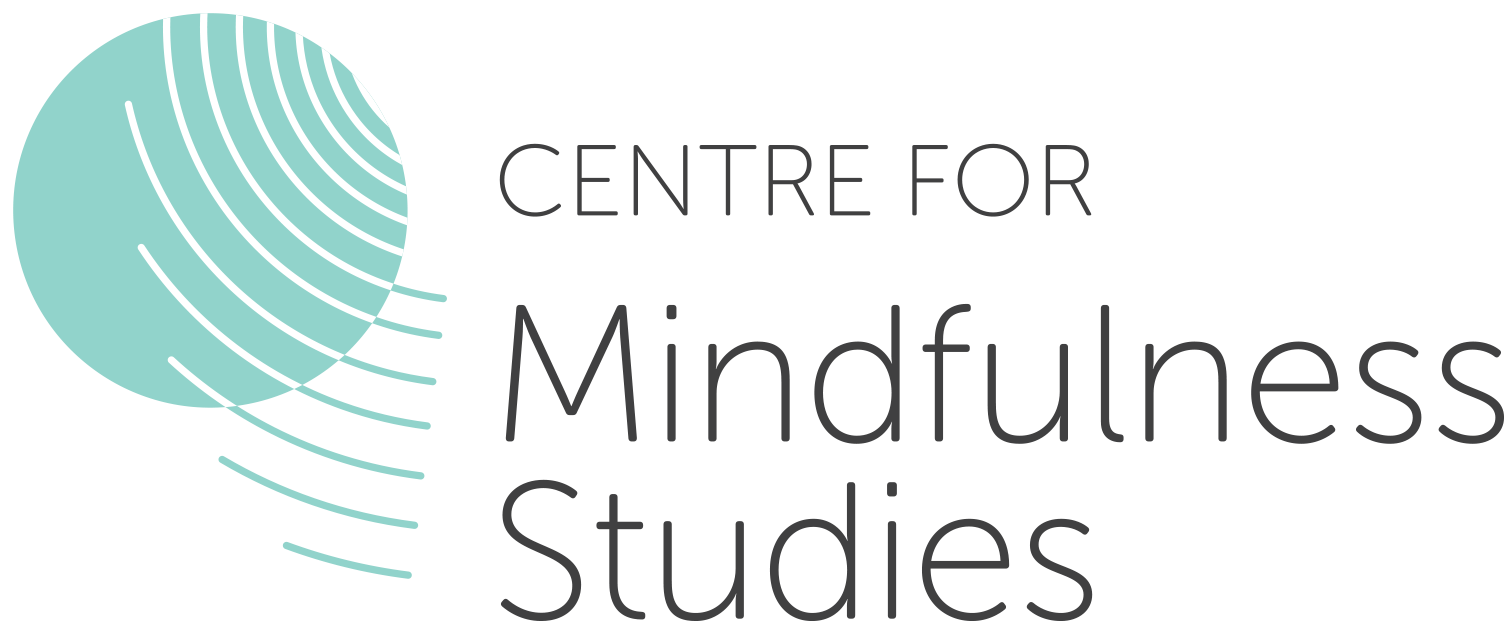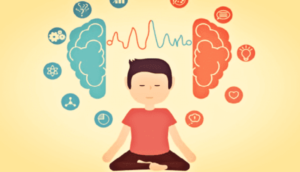Mindfulness, Self-Care, and the Brain
In a world that craves productivity and efficiency, it may feel nearly impossible to dedicate time for the activities that we truly enjoy. What we often fail to realize, however, is that these activities contribute not only to our happiness, but also to our productivity.
Mindfulness has been strongly linked to an increase in positive emotions. By implementing this practice and truly being attentive to our senses and present experience, we become more appreciative of the positivity in our lives, which we are oftentimes too distracted to notice.
Mindfulness and the Brain
Did you know that the practice of mindfulness is associated with changes in numerous regions of the brain? Yes, you read that correctly! This intervention has the ability to physically alter the brain’s structure, when implemented regularly. The grey matter in the brain’s amygdala may shrink – improving the way in which we manage stress. Creativity and memory may also be improved. By continuously engaging in mindfulness, the grey matter in the prefrontal cortex may become thicker, resulting in better planning and problem-solving skills, as well as stronger emotional regulation. The brain’s hippocampus may also become thicker, leading to benefits regarding our memory and learning.
Mindfulness and Self-Care
So, how does one become “more mindful?” The practice of mindfulness is one that takes time to master. Despite the busyness of our daily lives, there are numerous ways in which we may live more mindfully. Mindful walking is an excellent way to de-stress and may be implemented at any stage of the day. Mindful eating may also be advantageous. There are many ways in which we may enjoy a cup of tea, for instance – from its delicate aroma, to its sweetness. Simply focusing on the warmth of the cup in our hands is an act of mindfulness. When engaging in self-care, it is important to fully tune into the present moment – whether that’s enjoying the comfort of a bubble bath or absorbing the warmth of the sun on a morning walk.
To further implement mindfulness in your daily life consider taking an 8-week mindfulness for mental health program.
Blog Article by Romina Monastero
As a master’s student studying Counselling Psychology, Romina is extremely passionate about the field of mental health and is eager to begin practicing as a registered psychotherapist.
It is her belief that balance is key to well-being. As an avid practitioner of meditation, she is well aware of its many benefits.
Following graduation, Romina plans on obtaining her certifications in both cognitive behavioural therapy (CBT) and meditation. Mindfulness-based cognitive therapy (MBCT) interests her greatly, and she plans on implementing this intervention with her future clients.

